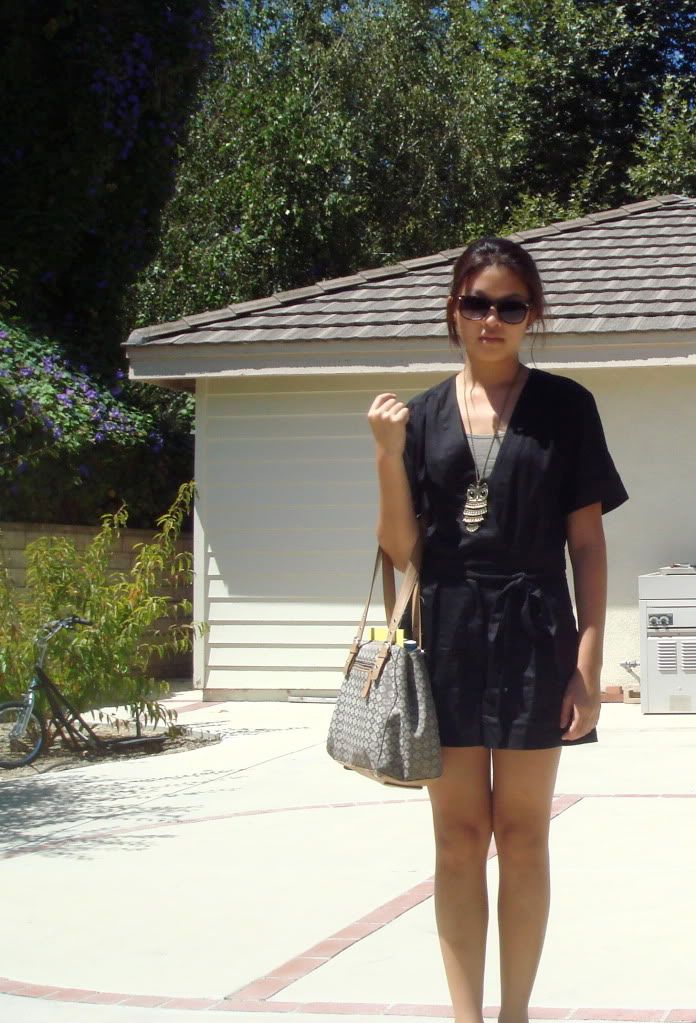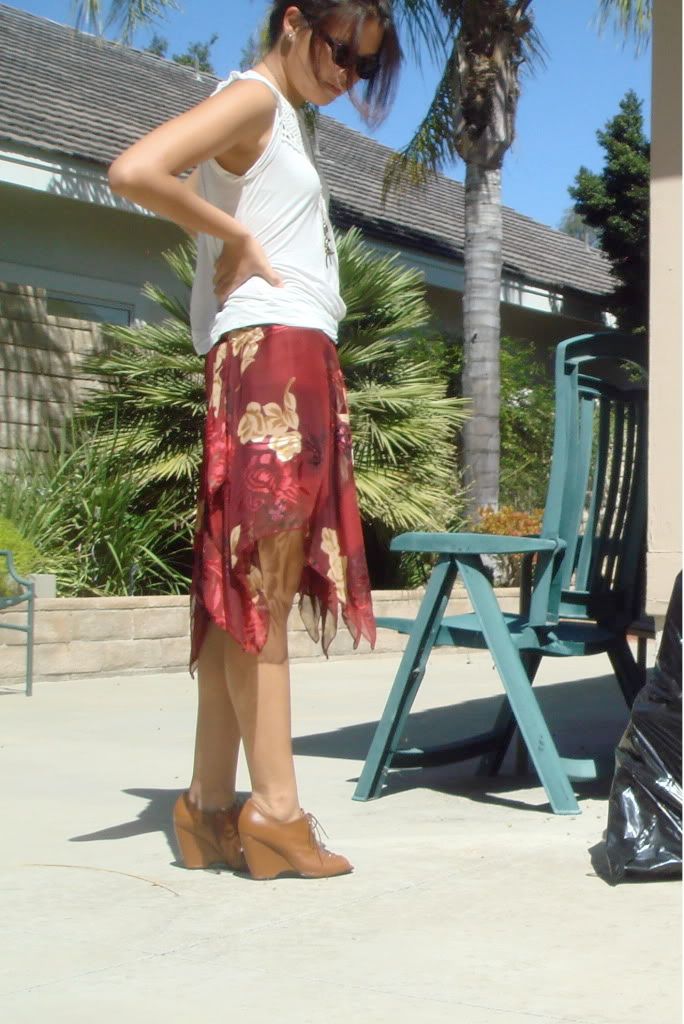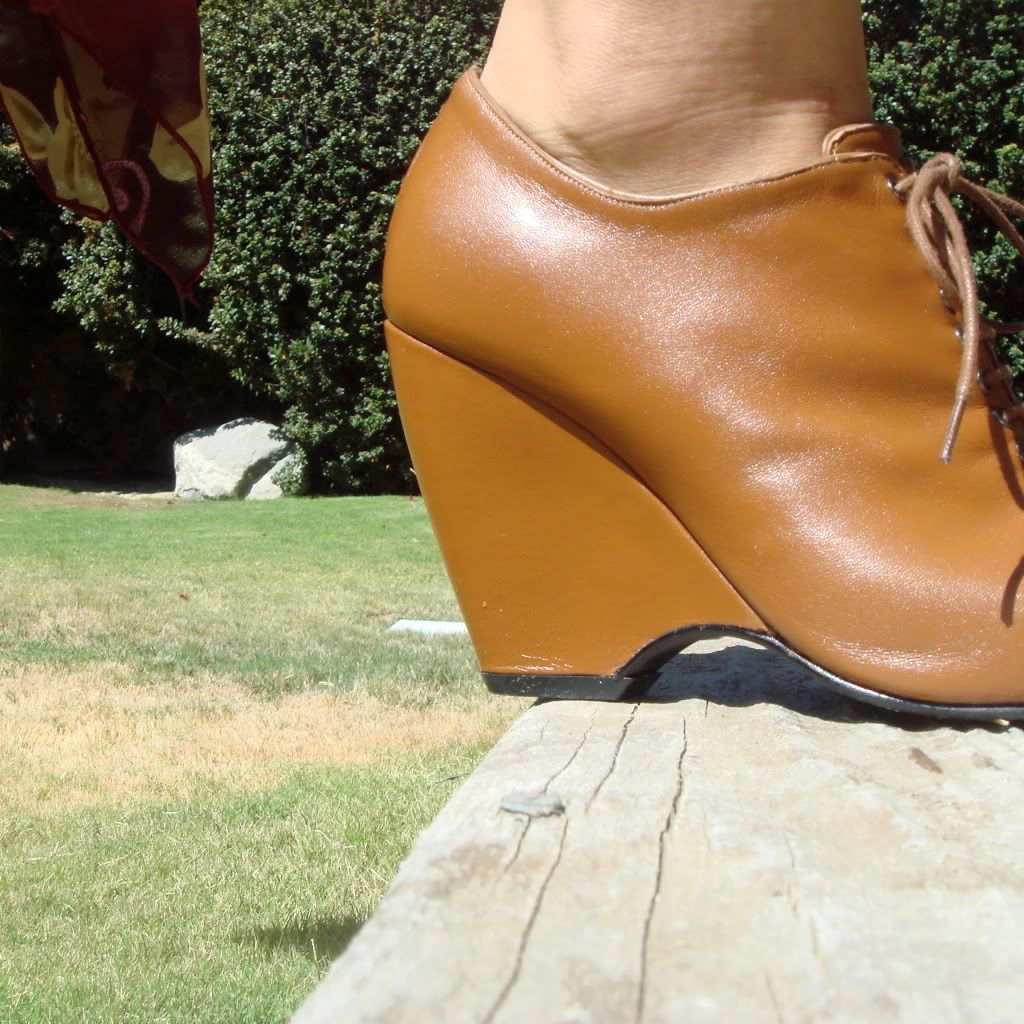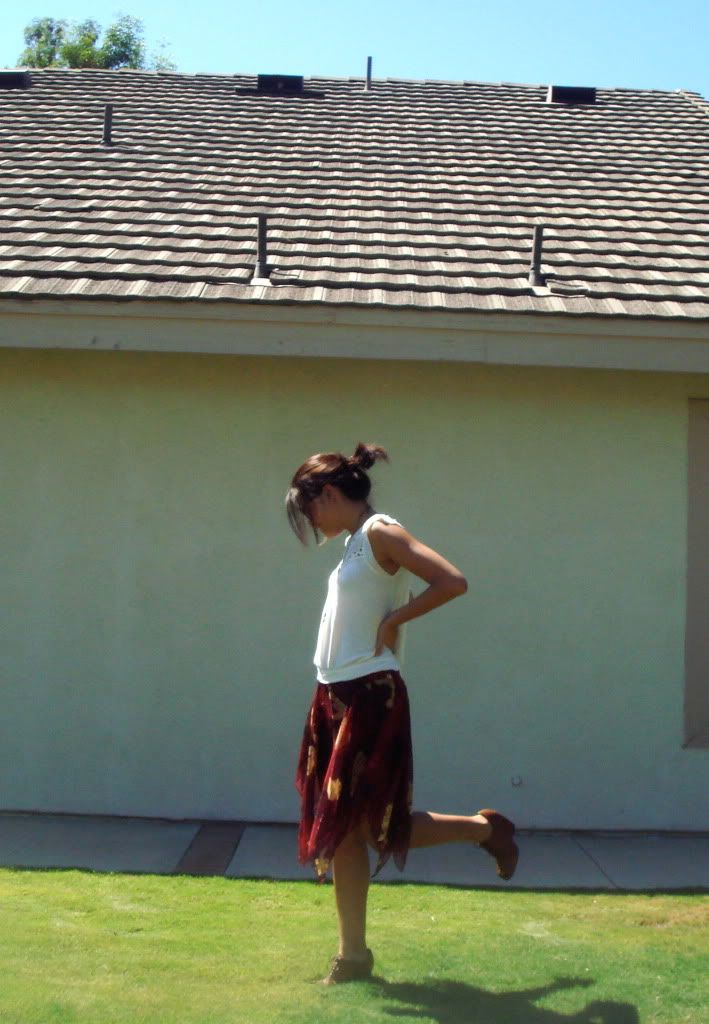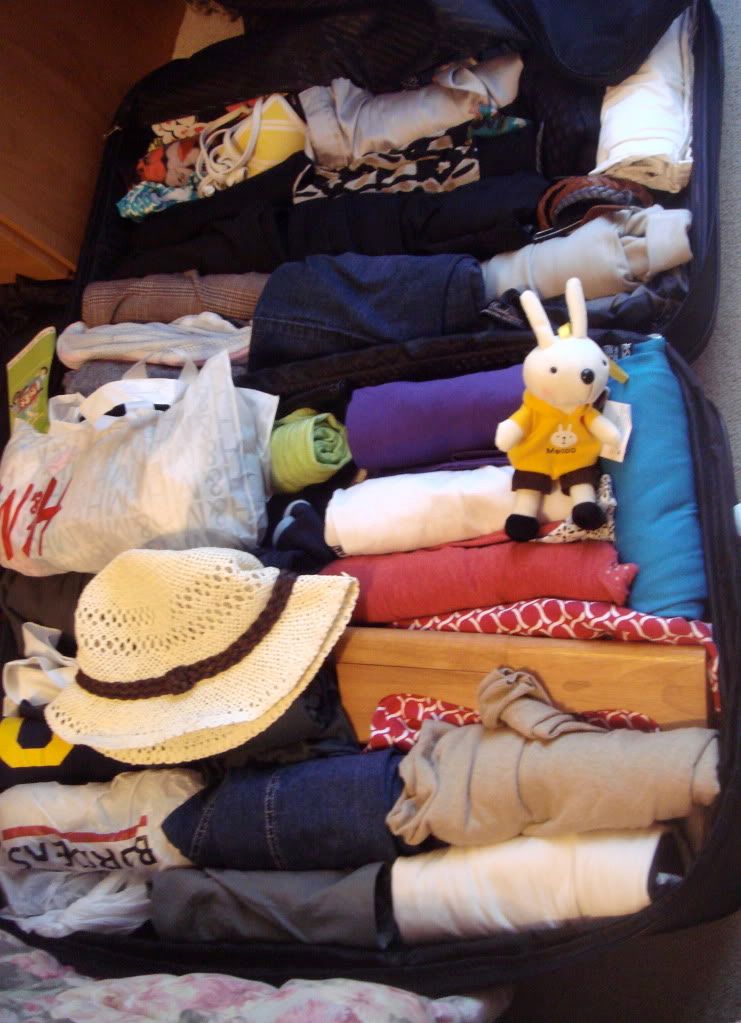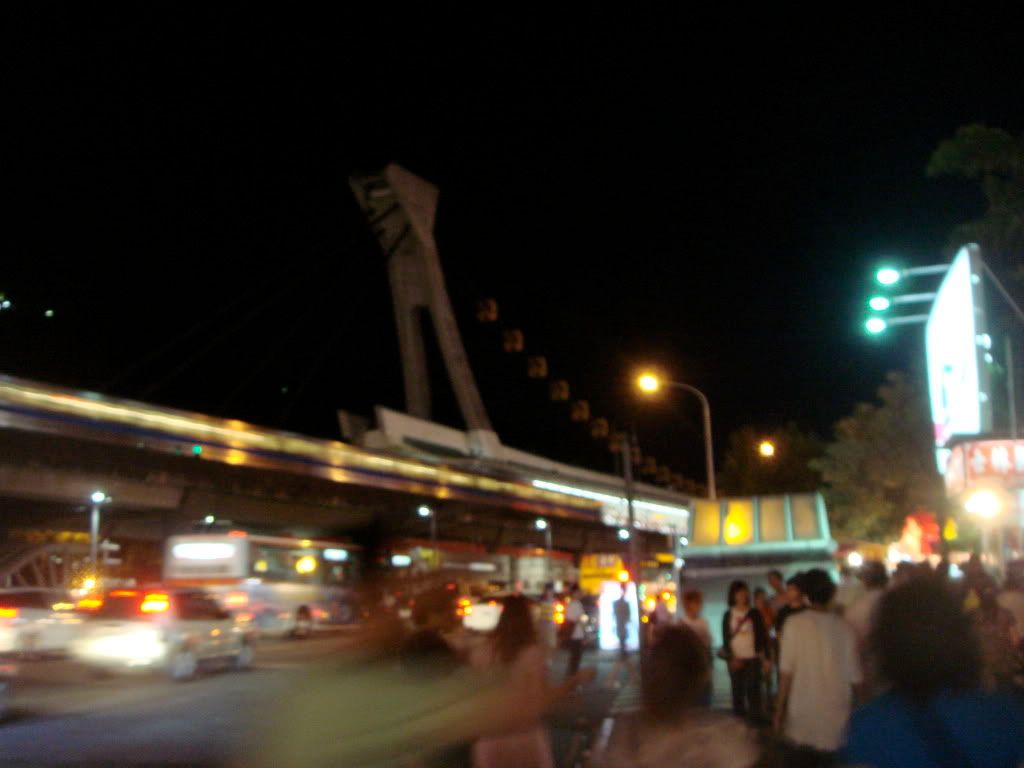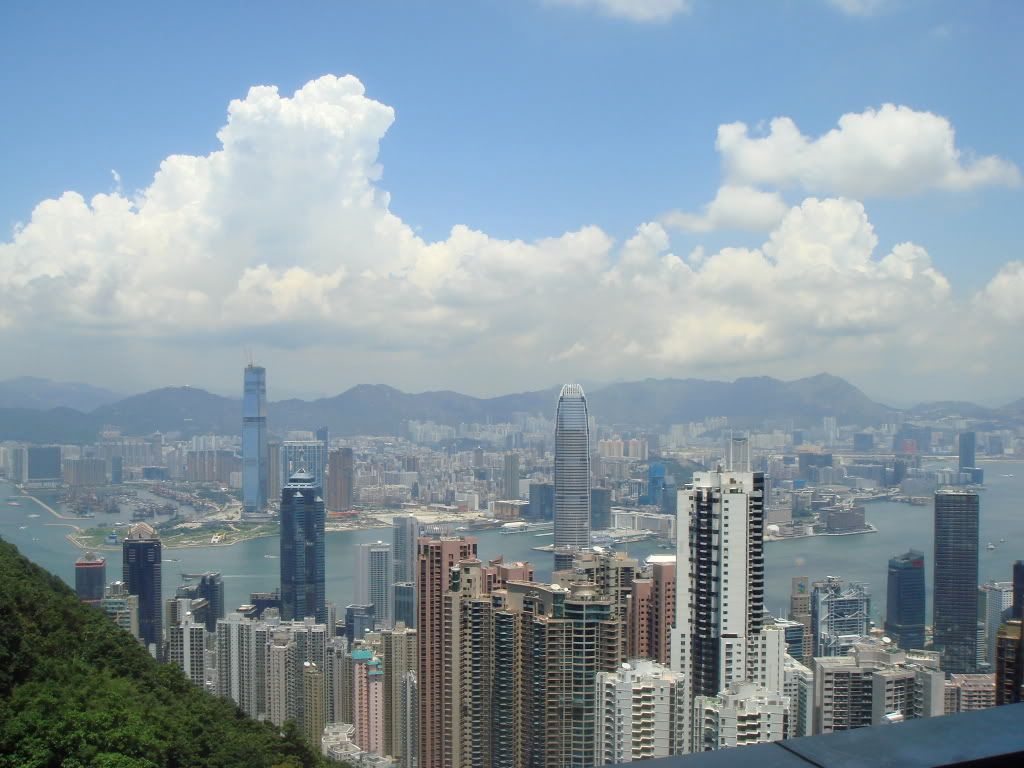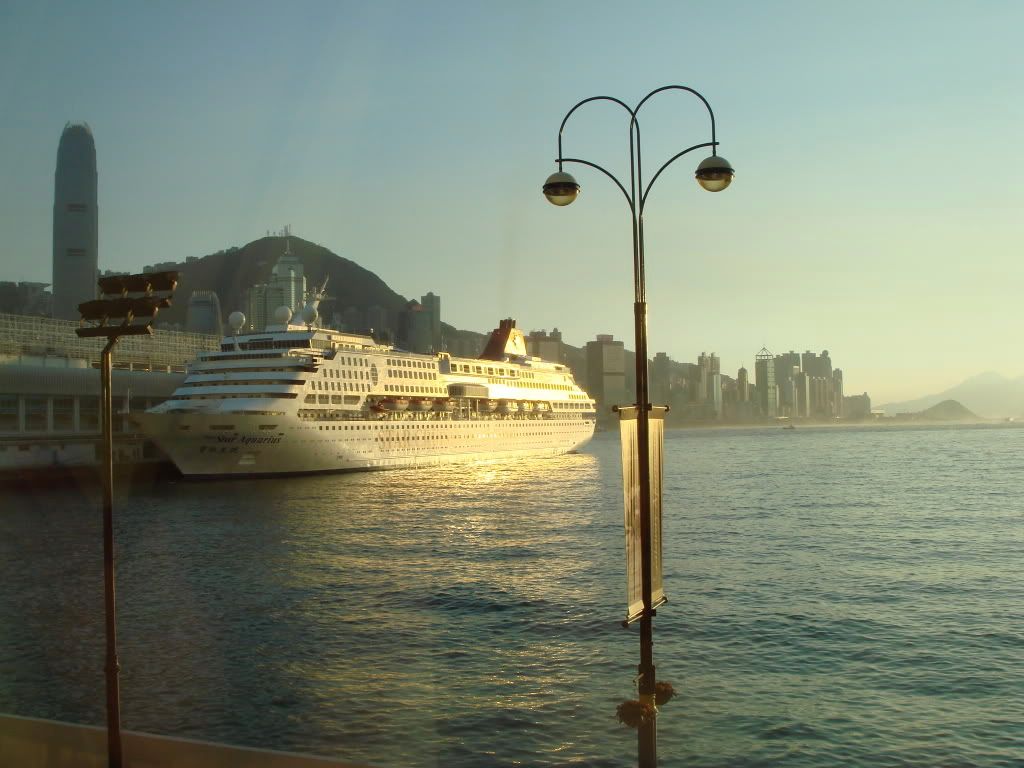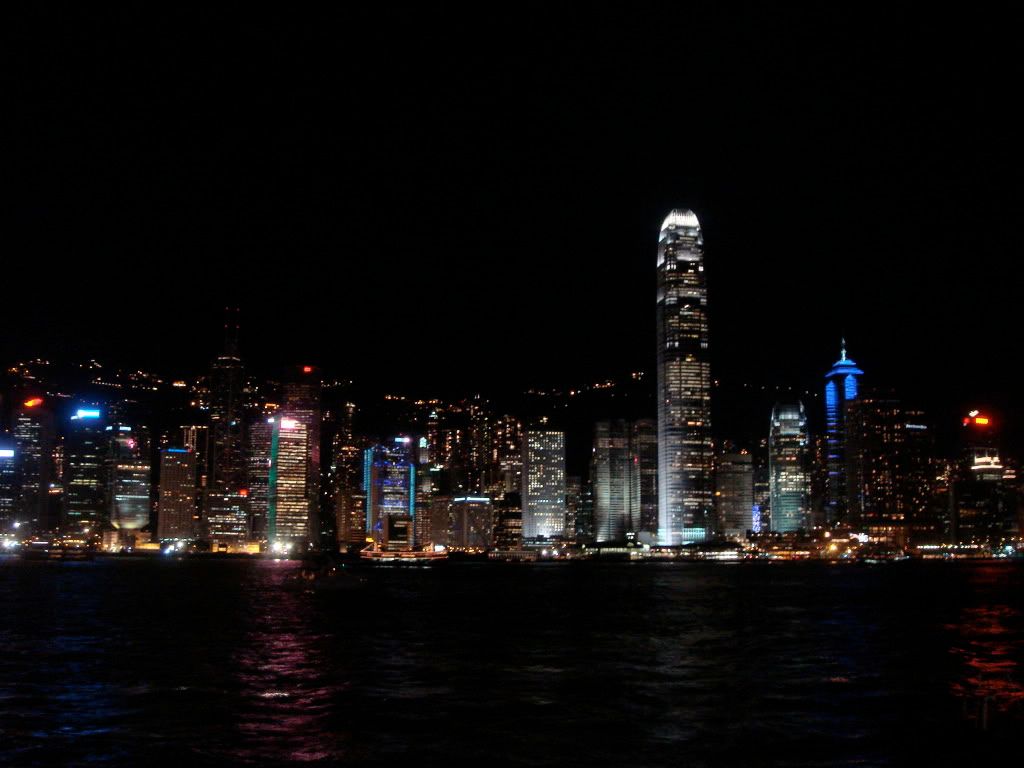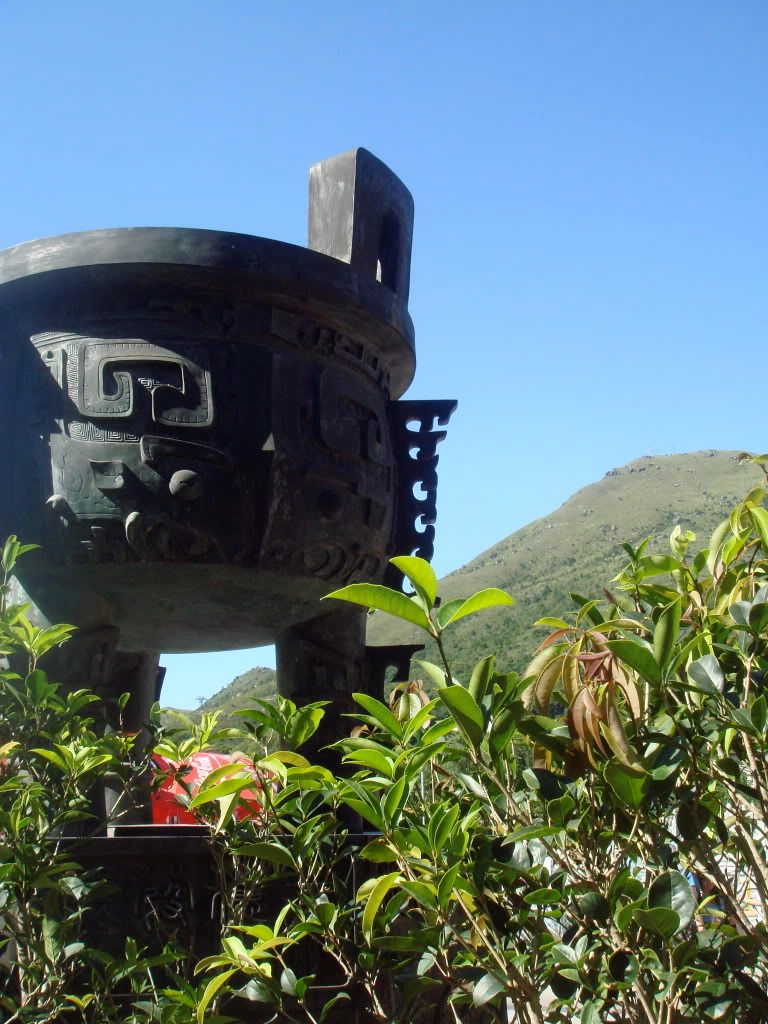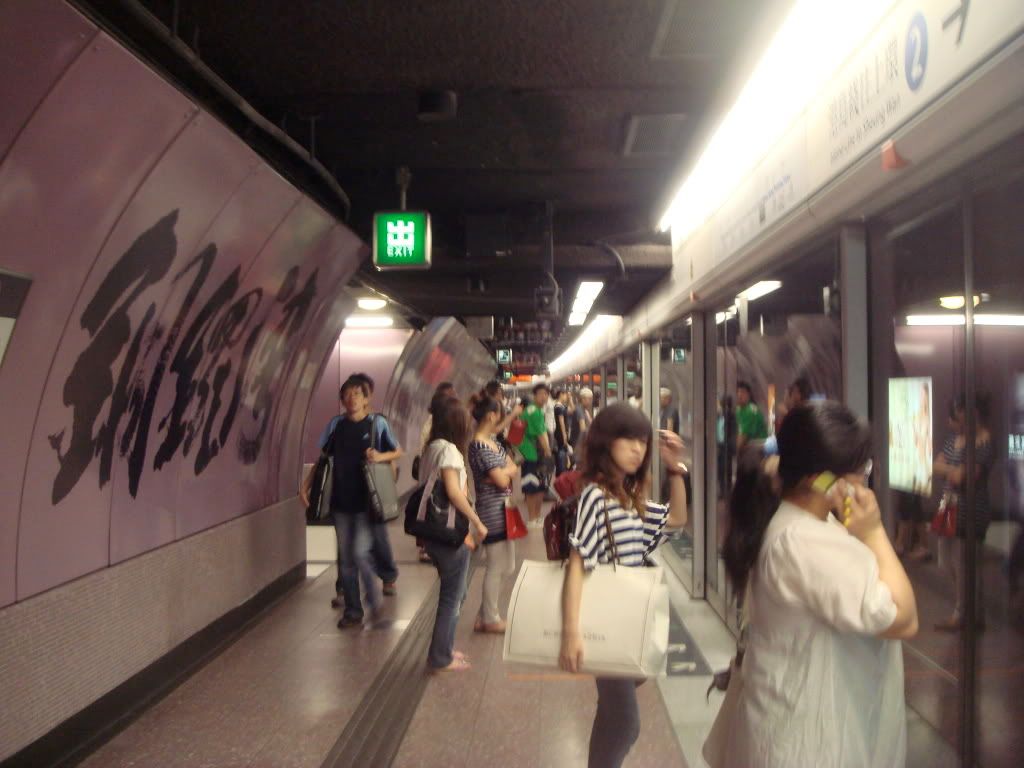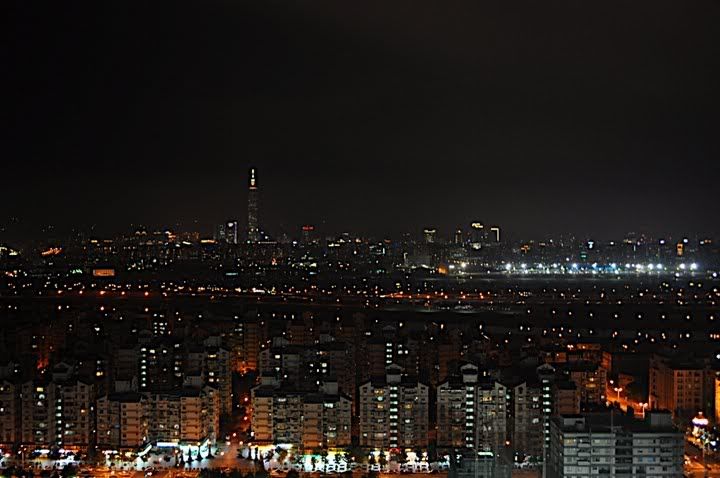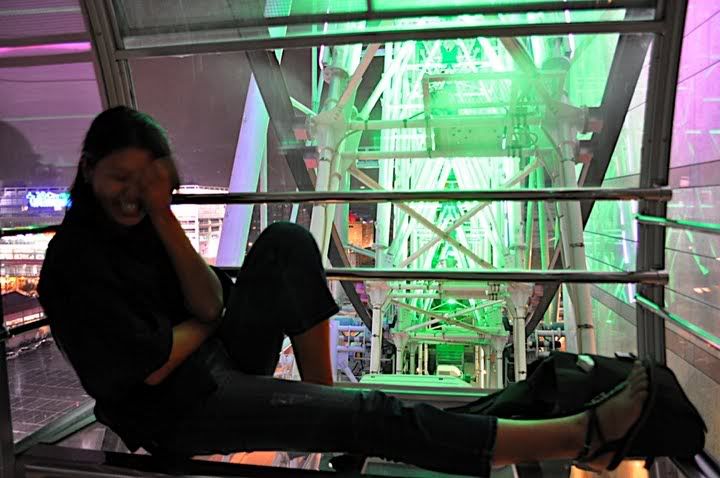As of today it's been exactly 4 years since Hurricane Katrina hit New Orleans. To be honest, when it happened, I was a little more oblivious than I'd like to admit, and after my initial shock and devastation, I didn't give it much thought. We've all heard the complaints about how long it look President Bush to react and respond to the situation, and if you've poked a little further I'm sure you've come across discussions regarding other reasons as to why recovery was/has been so slow and labored -the racial and class disparities in NOLA that were made all the more apparent with Katrina, favored rebuilding of NOLA's tourist hot spots, the subpar quality of the city's levees
designed by the Army Corps of Engineers (paid much less than engineers in the private sector, and as a part of the government -'unable to be sued').
The attention and awareness of the situation and underlying injustices are, in some ways, the silver lining to it all. It's great to see that the nation's people will come together and volunteer to rebuild the city and its communities. I myself participated in
Magnolia Project, through Cal, earlier this summer on a 3 week student-led volunteer service trip. It wasn't until I actually got down there and started working though, that I saw so many more layers and complications in the rebuilding situation.
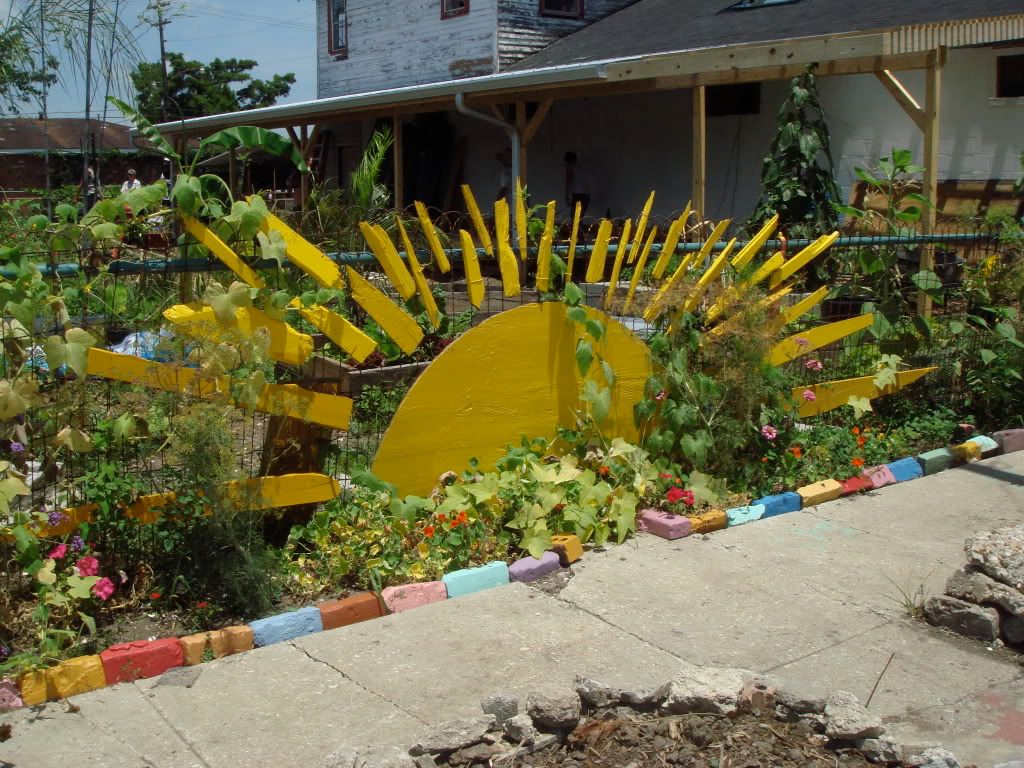 James Turner's school/community garden in the Lower Ninth WardFor example,
James Turner's school/community garden in the Lower Ninth WardFor example, Obama says that they are planning to offer financial incentives to attract businessmen, community workers, teachers, and professionals to NOLA. But what about sustainable solutions? Working with a community from within, using it's own members, motivating and rewarding themselves and each other? Offering financial incentives to new professionals is one way to get some progress going (and probably one of the quickest), but why are they welcomed and encouraged to move to NOLA when pre-Katrina residents are still scattered all over the country?
We saw this a lot too, once we had started volunteering... volunteers will come in to do construction, garden work, daycare, whatever it was, displacing NOLA's own construction workers, gardeners, and babysitters, leaving them unemployed. Additionally, these professionals that are attracted to come to New Orleans and help rebuild it and volunteers have pushed up the real estate prices in the city, making it even tougher for New Orleanians to move home. ...in some ways it is all sort of backfiring, at least with these approaches. In a lot of ways, I think my Magnolia Project trip was more valuable for me than it was for the residents and community members that I helped. The amount of drywalling that 60 students can do in 3 weeks is, although a lotttt, still pretty insignificant. But I'd like to think what we saw and learned down there will be much more influential -and that we'll be able to take back lessons learned and apply them to our own communities at home.
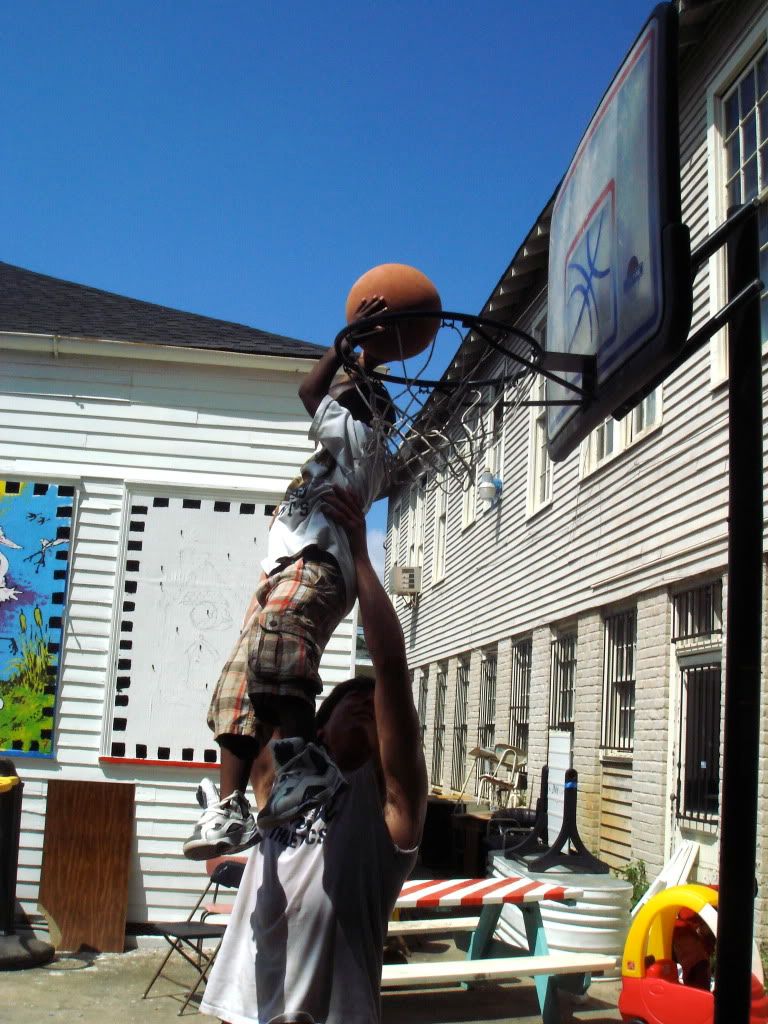
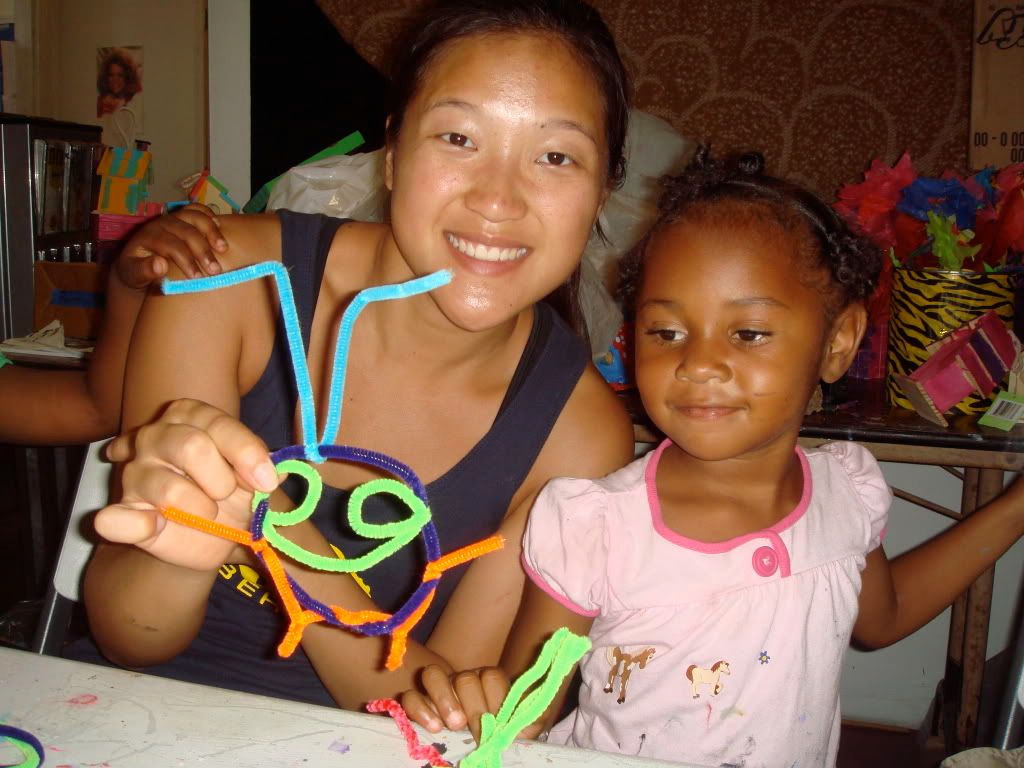 working with local children at a summer camp
working with local children at a summer campI'm glad that attention is still being paid to the post-Katrina situation, and that it's still on the government agenda, but I do think there needs to be a more internal, community approach to these solutions -more grants to community organizations so they can pay employees instead of being forced to rely on volunteer work... that sort of thing. (oh and how about Brad Pitt's
Make It Right project in the Lower Ninth Ward? I think at this point, going green is almost just plain trendy... fancy solar panel rooftops being built in an abandoned neighborhood when all the Lower Ninth needs are just more houses? ...and the house are, in my opinion, uglyyyy)
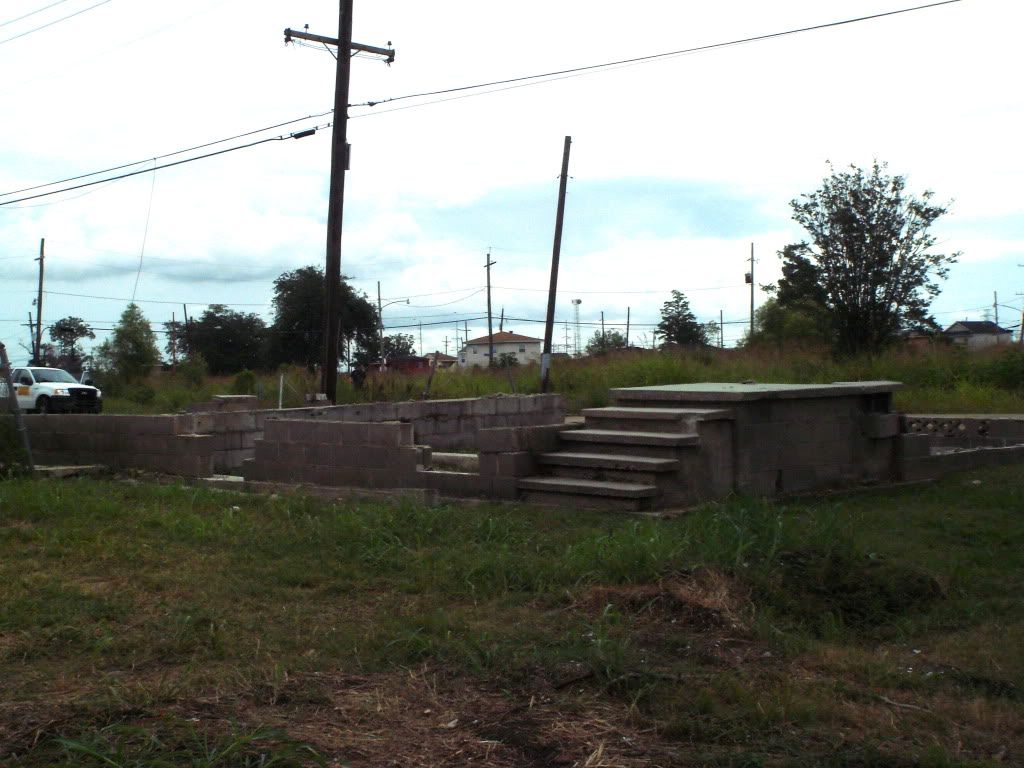 destroyed and abandoned in the Lower 9th, and literally 2 minutes away from it.... the LegoLand-esque Make It Right houses:
destroyed and abandoned in the Lower 9th, and literally 2 minutes away from it.... the LegoLand-esque Make It Right houses: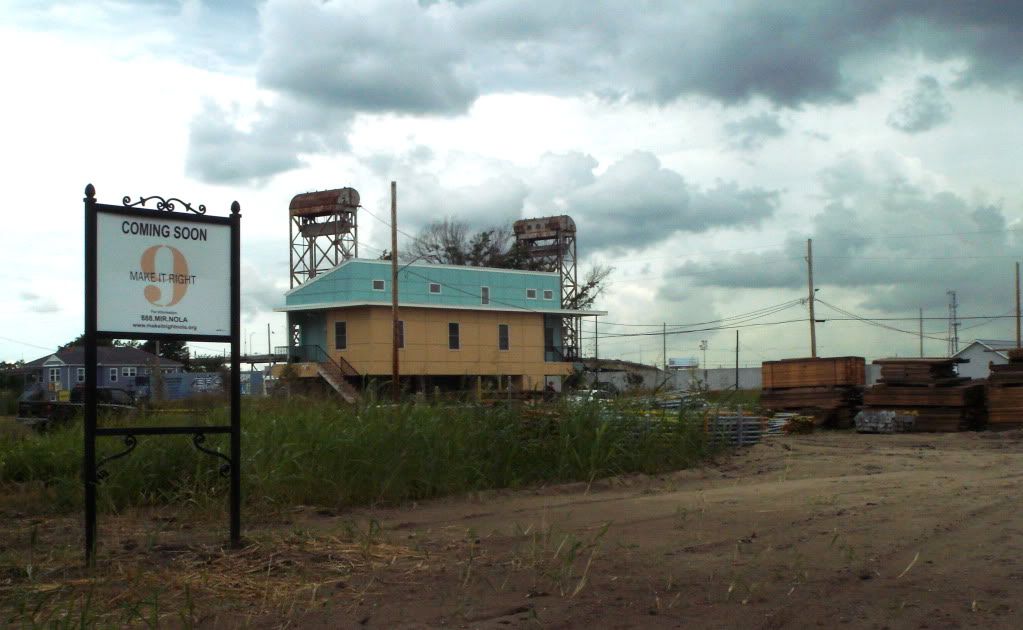
I'm rambling again (but isn't that what this blog is for?), but anyways, what's this mean for us?
- engage your own community -work with/for the people you live with and interact with them regularly
- don't do charity just for the sake of charity... it's selfish and can actually make the situation worse for whoever/whatever you're trying to help
- sustainable solutions if you really want to see long-term change, recovery and prevention
- go green! =) (as always) they say that part of the reason why Hurricane Katrina was a category 5 storm was due to global warming, and that a lot of the natural levees that would have seriously curbed the amount of damage done to NOLA were ruined due to over-pollution.
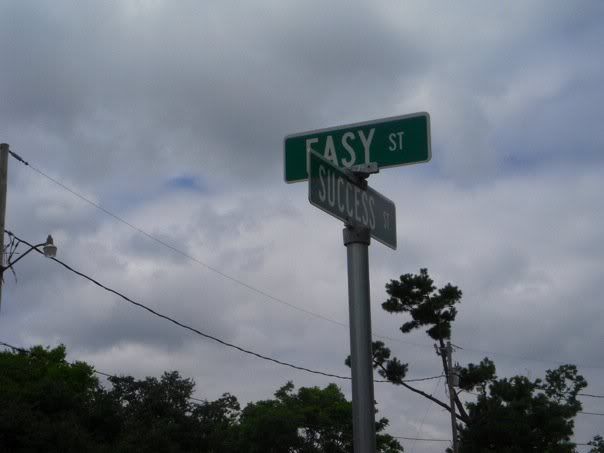 ironic, no?
ironic, no?













